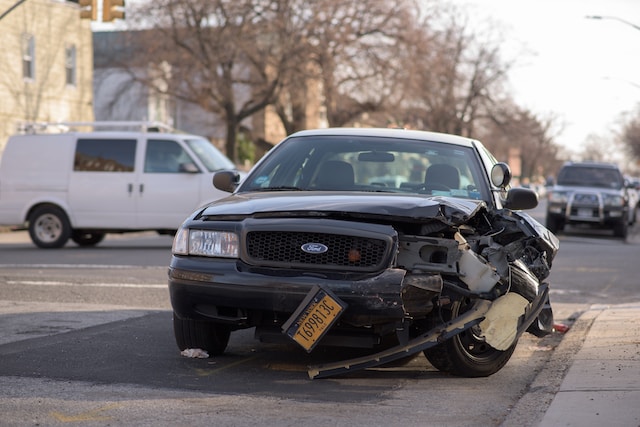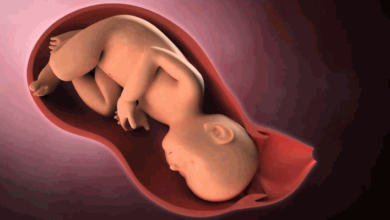Why You Should Take Delayed Pain After a Car Accident Seriously

Car accidents cause injuries ranging from minor bruises to serious injuries like fractures and traumatic brain injuries. Some are fatal. After an accident, the body responds to the stress by releasing adrenaline and initiating various processes that make you feel fine in the moment but cause delayed pain or symptoms afterward. This is why it is so important to see a doctor after an accident and to set appointments up to two weeks after it happens.
What Causes Delayed Pain?
As mentioned, the most common cause of delayed pain is the adrenaline that floods the body after an accident. Adrenaline puts the body in a “protection and survival” mode until the brain thinks you are no longer at risk. It stops any functions that are not necessary for your survival, including tissue repair and pain transmission.
Shock is another common cause of delayed pain. It causes various physiological and physical changes following traumatic events to increase your chance of survival. For example, your body will reduce the blood flow to the hands and legs, instead redirecting it to your vital organs.
Shock also detaches you from the events to prevent you from developing trauma. This is why many people remember a traumatic event such as a car accident as if they were watching it happen instead of being involved in it.
Mental detachment and reduced bleeding due to blood being redirected to vital organs can cause you to think you are not as severely injured as you are.
The last cause of delayed pain is inflammation. Once the adrenaline subsides, the body’s repair mechanisms start, with chemicals flowing to the area to start the repair, reduce bleeding and reduce damage. The inflammation accompanying these processes makes it harder to gauge the extent of your injuries.
Indicators of Delayed Pain
Soreness and stiffness are typical signs of delayed pain. However, there are more serious indicators that you should be concerned about.
Bodily Discomfort
At times, delayed pain can present as general body discomfort. You might have a stiff neck which can indicate whiplash, or back pain that could indicate a mild back or spinal injury. Back pain can also indicate nerve damage, so you should take it seriously.
These general discomforts can become serious medical issues requiring extensive and expensive medical treatments. If you have been involved in a car accident, you might be entitled to compensation. You can find out the average car accident settlement and the factors that determine it. Your attorney is the best source for determining how much you could potentially receive.
Symptoms of a Head Injury
Brain injuries are concerning because of the severe consequences they can have. Some symptoms, such as bleeds and brain clots, can appear much later after an accident, so continuous monitoring is important. Some signs to watch out for include fainting spells, headaches, nosebleeds, memory issues, difficulties focusing or concentrating, mood swings, vision problems, and balance issues.
Car accidents are devastating for everyone involved because of the injuries and fatalities they cause. Sometimes, you may not understand the extent of your injuries immediately, with the symptoms later showing up as delayed pain. You should go for regular checkups the days following an accident so a doctor can ensure there are no critical underlying issues.





